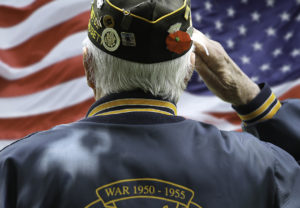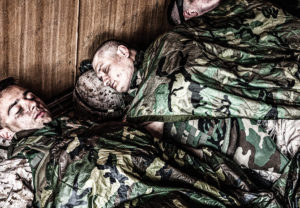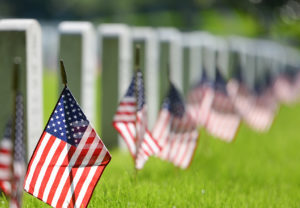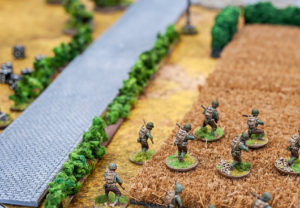In a surprising reversal of an eight year-old conviction, an 11-judge panel of the 9th U.S. Circuit Court of Appeals ruled that wearing military medals you didn’t earn is protected by the First Amendment.
This court decision originally began as an open-and-shut case of stolen valor in 2007. Idaho native and Marine Elvin Joe Swisher was convicted of violating the Stolen Valor Act of 2005 by wearing military decorations he didn’t earn, such as a Silver Star, Navy and Marine Corps Ribbon, Purple Heart, and the Navy and Marine Corps Commendation Medal. Swisher had worn all of these medals to testify in a civil suit, and photographs of him wearing all of his fake medals on the witness stand secured a guilty verdict.
However, the court’s view of stolen valor has changed since Swisher’s trial in 2007.
The Stolen Valor Act of 2005 was deemed unconstitutional by the Supreme Court in 2012 for violating freedom of speech. The government has since passed the Stolen Valor Act of 2013, which prevents frauds from financially profiting off fake military credentials. Wearing unearned medals to impress others, however, is no longer a misdemeanor.
It is on those grounds that Swisher’s case advanced to an appeals court. The court ultimately agreed with the 2012 Supreme Court ruling that wearing unearned medals is freedom of speech protected by the First Amendment
It’s unclear whether this is a step forward for freedom of speech or a step backwards for anti-stolen valor advocates. It’s true that Swisher has technically not committed stolen valor by modern standards, but wearing unearned medals isn’t an honorable or honest act either.




































